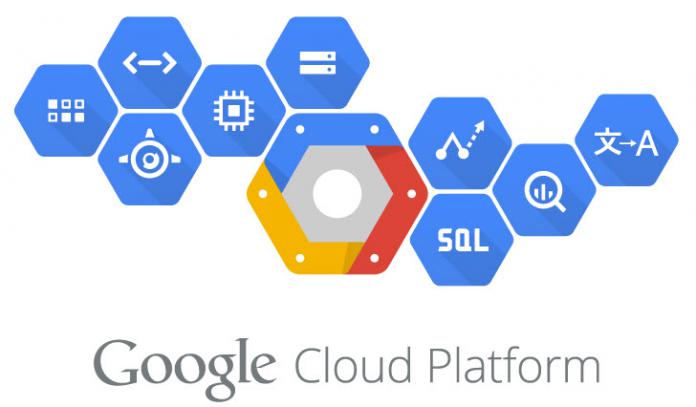Google has unveiled two AI-powered tools for Google Cloud that have the potential to reshape the landscape of drug discovery and precision medicine. Known as the “Target and Lead Identification Suite” and the “Multiomics Suite”, the offerings aim to streamline research processes, reduce costs, and expedite breakthroughs in the field.
Target and Lead Identification Suite
The Target and Lead Identification Suite focuses on the crucial initial phase of drug development: identifying viable biological targets for potential treatments. Google Cloud Analytics Hub serves as a secure platform for managing molecular data related to proteins. The suite leverages AlphaFold2, an advanced machine-learning model developed by Google's subsidiary DeepMind, to predict protein structures with exceptional accuracy and scalability.
This understanding of protein structures is pivotal in comprehending their role in diseases and designing effective drugs. Additionally, the suite aids researchers in identifying how proteins interact with various molecules, potentially leading to the discovery of novel therapeutic options. The Target and Lead Identification Suite includes, according to Google:
-
- Data ingestion: Allows companies to streamline the ingestion, sharing, and management of data, including discovering more data for research through public datasets and securely exchanging data assets with other organizations using Google Cloud's Analytics Hub.
- Target identification: Using AlphaFold2 and Vertex AI pipelines, organizations can more accurately predict protein structure, minimizing the high ratio of failures from traditional methods.
- Lead identification: With cost-effective high-performance computing resources, the solution accelerates target discovery, preparation of lead candidates, and virtual high-throughput screening, to find the most promising lead candidate molecules to start a successful drug discovery pipeline.
Multiomics Suite
The Multiomics Suite is a tool that tackles the complex challenge of analyzing vast amounts of genomic data. Startups like Colossal Biosciences, lacking the internal infrastructure required to handle such data, can benefit immensely from Google Cloud's offering. With the ability to manage and make sense of large genomic datasets, researchers can devote more time to scientific discoveries and gain valuable insights into genetic variations associated with diseases.
The Multiomics Suite holds the potential to advance the development of personalized drugs and treatments, aligning with the increasing role of human genetics research in drug approval processes. The Mutiomics Suite includes, according to Google:
-
- Data ingestion and analytics: Allows organizations to streamline the ingestion, sharing and management of data, discover more data for research through public datasets using dataset dashboards from Collibra, and it enables customers to securely exchange data assets with other organizations using Analytics Hub.
- Secondary analysis: Enables organizations to ingest raw sequence files with genome-wide association study (GWAS) pipelines into Google Cloud Storage, extract variants using Batch API and NVIDIA's Parabricks for accelerated genomic analysis with tools like GATK and Google's DeepVariant, and accelerate processing using Compute Engine to turn raw sequencing (DNA/RNA) data into actionable insights in a scalable, secure, and cost-effective way.
- Tertiary analysis: Allows customers to identify genes associated with a particular disease or trait to be integrated into multimodal datasets, process and analyze variants using Variant Transform and BigQuery, scale AI and machine learning with Vertex AI, and visualize insights with Looker.
The introduction of these suites addresses long-standing challenges within the biopharma industry, such as the high costs and time required to bring new medications to market. Pharmaceutical companies invest substantial sums, ranging from hundreds of millions to billions of dollars, in launching a single drug, with success rates as low as 16% in clinical trials. Google Cloud's suites offer a ray of hope, potentially mitigating these challenges and reducing the burden on resources.






